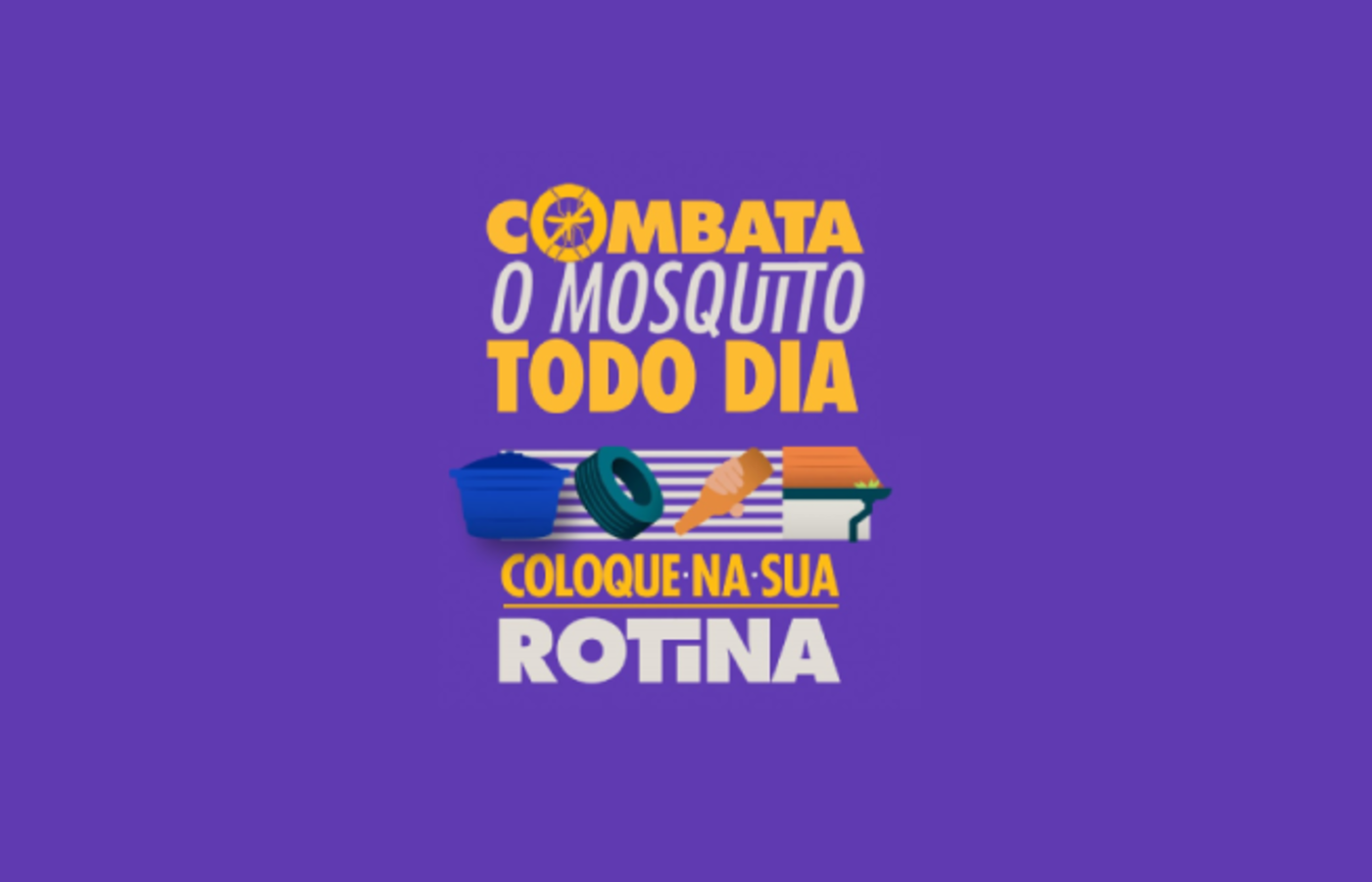The southern region of the country has been identified as an area of interest for dengue in 2022, by the arbovirus surveillance system developed by Fiocruz and Fundação Getúlio Vargas, InfoDengue. A trend of dengue expansion was observed in this region, where the number of cases was not a cause for concern. The researchers are studying whether this is due to the greater adaptability of Aedes aegypti and climate change.
Significant outbreaks of dengue fever were recorded in Londrina and Sengis, in Parana, as well as in Joinville, in Santa Catarina. The northwest region of São Paulo is also in a state of interest. In the Midwest, the area between Goiania and Palmas, passing through the Federal District. In addition to some isolated municipalities in Bahia and Ceará.
Infection specialist at Hospital das Forcas Armadas in Brasilia, Hemmerson Luz, points out that controlling mosquito infestations is the best way to tackle dengue fever. There is no specific medicine to treat dengue fever. The fight is done by eliminating the mosquito infestation. We have to remember that the egg of the Aedes aegypti mosquito can survive for a year while waiting for rain inside the container. It can, after receiving water, hatch, turn into a larva and develop into a mosquito.”
The Ministry of Health campaign warns of the importance of combating mosquitoes that transmit dengue, Zika and chikungunya. The idea is for each citizen to include in his weekly routine a tour of his home and workplace to reach places where water is likely to accumulate, which is more common in the rainy season. “Our main method is to prevent mosquitoes from giving birth. That is why it is important for many agents, the population in general, to realize that they do not have mosquito breeding sites,” warns the division’s Arbovirus Surveillance general coordinator, Cássio Peterka.
Central West: Rainy season increases risk of dengue, Zika and chikungunya
Country Status
Brazil recorded a 42.6% decrease in the number of probable cases of dengue fever between 2020 and 2021. Last year, 543,647 infections were reported, compared to 947,192 in 2020. Data from the Health Monitoring Secretariat of the Ministry of Health.
Among Zika cases, there was a slight decrease of 15%, from 7,235 notifications in 2020 to 6,143 in 2021. On the other hand, chikungunya recorded an increase of 32.66% of cases, with 72,584 notifications in 2020 and 96,288 last year.
Public health specialist at Fundação Oswaldo Cruz (Fiocruz) in Brasilia, Claudio Mairowicz, highlights that 2020 has been a year for many cases, and therefore, one should not relax with lower infection rates in 2021.” Although there was no increase in One year to another, this is not a good comparison, because the previous year had large numbers,” he warns.
Necessary care
Due to the high temperatures and heaviest rainfall, summer is the time of year when the eggs hatch and leads to increased infections of dengue, chikungunya and Zika. So stay tuned for tips on preventing mosquito breeding:
- Turn bottles, buckets, and bowls over so water doesn’t accumulate.
- Put sand in dishes and plant pots.
- Close bags and litter well.
- Store tires indoors.
- Cover the water tank well.
- Clean gutters.
To combat it, it is necessary to join forces with the community to remove the possibility of places where water can accumulate. The eggs of a female Aedes aegypti can be incubated for a year and then hatch in just five days when in contact with water. “It is necessary to maintain care throughout the year for 365 days,” confirms the General Coordinator of Arbovirus Monitoring at the Ministry of Health, Cassio Petrca.

“Writer. Analyst. Avid travel maven. Devoted twitter guru. Unapologetic pop culture expert. General zombie enthusiast.”

